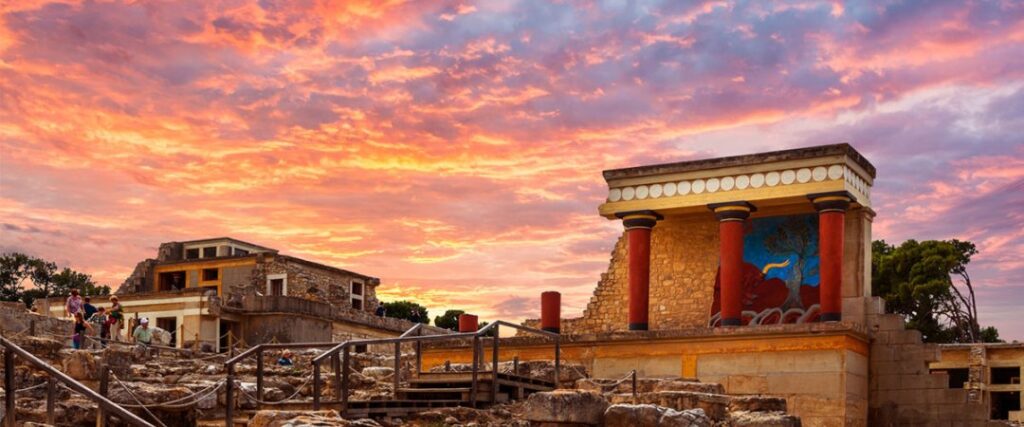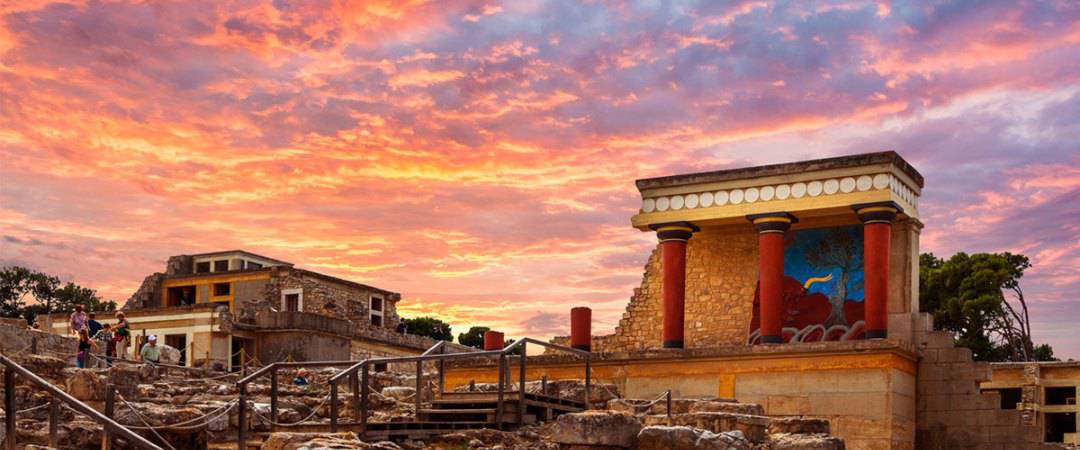On April 18, it’s the World Heritage Day, or International Day for Monuments and Sites. Greece offers free entrance to all archaeological sites and public museums.
World Heritage Day in Greece.
On 18 April, all Ancient Greek sites, monuments and public museums are free to visit. Locals and visitors can enjoy sites like the Acropolis and Ancient Agora in Athens, Mycenae and Olympia in the Peloponnese, Delphi and many more.
In addition, museums like the National Archaeological Museum in Athens or the Museum of Byzantine Culture in Thessaloniki have free entrance. Unfortunately, Greek museums will remain closed for World Heritage Day 2021.
But what exactly is the World Heritage Day? Let’s dive into how and when it was established.
What is World Heritage Day?
You will have heard of UNESCO, which stands for the United Nations Educational, Scientific and Cultural Organization. This UN agency was created in 1945. It aims to promote peace and safety around the world by means of education, science and culture.
In 1972, UNESCO established the World Heritage Convention. This document aspires to connect two universal aims: the preservation of culture, and the conservation of nature.
The Convention acknowledges the sensitive balance between culture, nature and man’s impact on both. Every country has responsibility to protect its World Heritage Sites, which constitute its cultural and natural heritage.
In addition, the Convention defines the types of cultural and natural sites which can be considered for inscription on the World Heritage List. Some examples are archaeological sites and monuments, architectural works, cave dwellings, geological formations and unique natural sites.
In 1983, UNESCO set the 18th April as the International Day for Monuments and Sites. This annual anniversary extends to all important cultural monuments and natural sites in the world. Its purpose is to educate the public on the world’s heritage, and the work needed to maintain it for future generations.
International Day for Monuments and Sites in Greece
All the Ancient Greek sites are free to visit on the World Heritage Day. There are dozens of them, all around the country. Here are some of the most popular sites in Greece that you can explore on the International Day for Monuments and Sites.
Knossos, Crete (Κνωσός, Κρήτη)
Knossos is the most important centre of the Minoan Civilization, the home of King Minos, but also the magical place where the myths and legends of the Labyrinth, Theseus and the Minotaur originated.
Although the Minoan Civilization was destroyed in 1650 BC by a series of large tsunamis in the Aegean Sea – caused by the eruption of the Santorini volcano, which split the island in two – many of the masterpieces of Minoan art can still be admired to this day by visitors, at the Archaeological Museum of Heraklion in Crete.

Mycenae, Peloponnese (Μυκήνες, Πελοπόννησος)
The city of Mycenae is home to one of the oldest civilizations in the world, and presumably the oldest in Europe. According to archeologists, the first human activity in the area dates back to the 7th millennium BC, during the Neolithic Era.
Mycenae has also gone down in history as the kingdom of Agamemnon and the House of Atreides, while its participation in the war against Troy played a crucial role in the development of Greek history.

Delos, Cyclades (Δήλος, Κυκλάδες)
According to research data by the Greek Ministry of Culture, “it is estimated that around 90 BC, the small island of Delos was just a dot on the map of the Mediterranean Sea, and home to only 30,000 people.” Excavations, which began in 1872 and are still ongoing, have uncovered a large sanctuary on the island and many other monuments of the Hellenistic Era, which prove that Delos was a place of great significance in the ancient world.

Ancient Messene, Peloponnese (Αρχαία Μεσσήνη, Πελοπόννησος)
The archeological site of Messene is one of the largest and most remarkable sites in Greece, and home to many athletic events, famous theatre plays and ceremonies of the ancient world.
Messene is also considered the place where Greek was born, as the earliest written evidence of the language is a Linear B clay tablet that was found in Messinia, and which dates back to 1450 – 1350 BC, making Greek the world’s oldest recorded living language.

For more see our article


